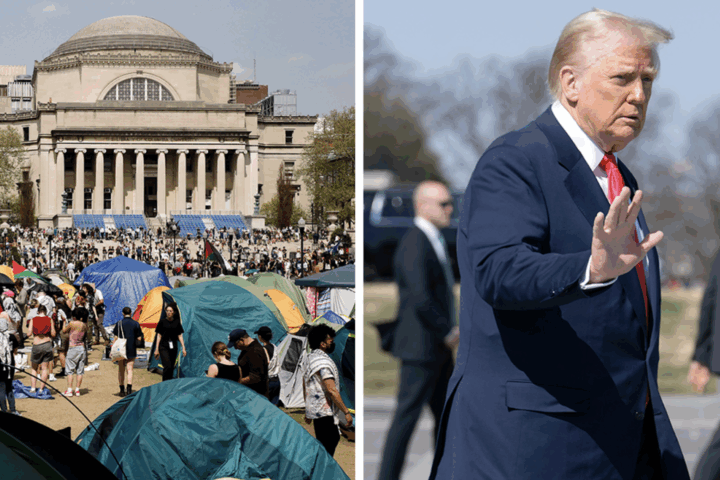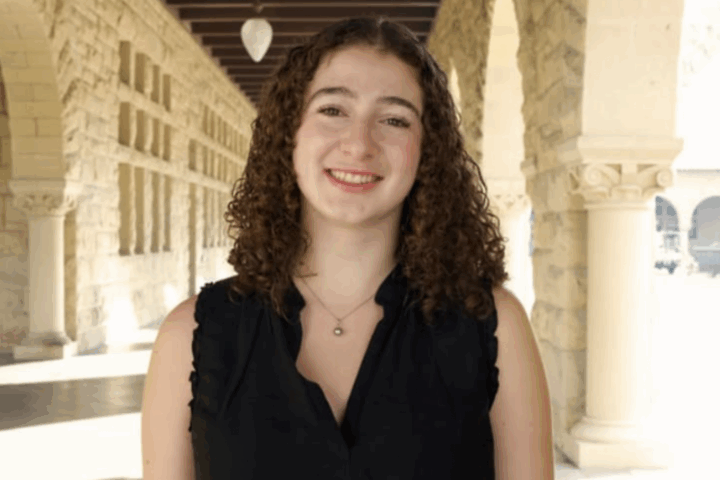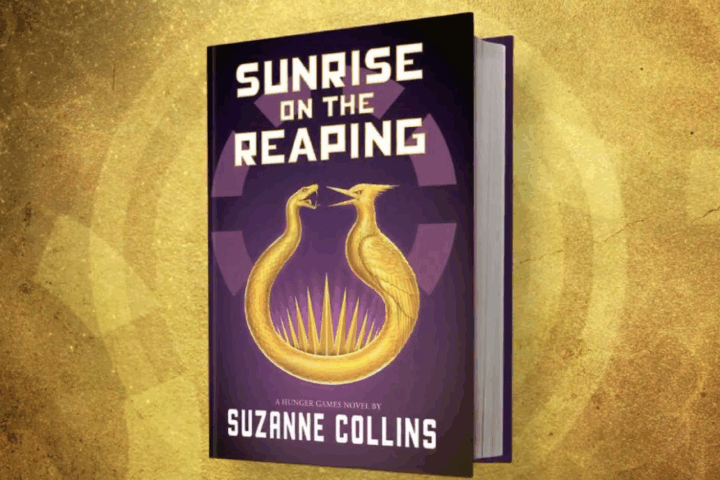On Monday, February 5th, Buckingham Palace announced King Charles III of England had been diagnosed with cancer. Although the public has not received any information on what type or stage of cancer afflicts the king, the prognosis appears positive, according to the palace statement. The situation, however, raises many questions regarding the protocol: should Charles become incapacitated while also creating new developments in the royal family’s highly publicized drama?
Why do Americans love the royal family? Why are we fascinated by their rituals and protocols? The constant coverage in the United States of the King’s cancer highlights our absorption with their intimacies, transgressions, family politics and health scares.
Having shaken off the trappings of the British Empire with our own revolution, we remain culturally connected and fond of princes, princesses, noble queens and stalwart monarchs. They are our gossip candy wrapped in a fairy tale enshrined in dysfunction.
According to the statement, which many Fieldston students read eagerly, “During The King’s recent hospital procedure for benign prostate enlargement, a separate issue of concern was noted. Subsequent diagnostic tests have identified a form of cancer.” While he undergoes “a schedule of regular treatments” King Charles will “continue to undertake State business and official paperwork as usual.” However, he will refrain from public appearances as he recovers.
While the king is currently in full possession of his facilities, should that change in the future, royal experts agree that either Queen Camila or Prince William would assume his royal duties; royal protocol states that one of the closest adults in the family who participates in official duties in the royal family would take on the responsibilities.
The news of the disease comes at a tumultuous time for the family. Charles became king in September 2022, following the death of his mother, Queen Elizabeth II. The queen was beloved throughout England, so her death caused anxiety over the monarchy’s future, as King Charles is less popular. In recent years, the family has been plagued with scandal and family conflict.
Charles’s son, Prince Harry and his daughter-in-law, Megan Markle, have been estranged from the family, describing a hostile and unsafe environment in multiple interviews and a tell-all memoir. In one interview, the prince and Markle revealed others’ concerns about the skin color of their son Archie. While they did not say who it was, the Dutch version of longtime royal journalist Omid Scobie mistakenly printed the names of the individuals, alleging that it was King Charles himself and Kate Middleton who made the racist remarks.
Additionally, more scandal plagued the royals in early January when the list of persons affiliated with sex offender Jeffrey Epstein became public. Prince Andrew, the brother of King Charles, was on the list and has also been accused of sexual assault in the past. Now, the current health difficulties pile on to the turmoil of the family.
Prince William, Charles’ elder son and heir to the throne, has continued to perform his royal duties while thinking about his father and supporting his wife who recently underwent a planned surgery. Prince Harry has also reacted to the news: he flew to England to visit his father, reportedly the first time the two have spoken since the Queen’s funeral. However, his visit lasted a mere 26 hours and did not include meeting Prince William, dashing hopes of a reunion between brothers.
Reportedly, Harry only spoke with Charles for 30-45 minutes. Some think the visit highlights a possible path to reconciliation; others, such as Liv Kunzer (Form III), believe the short length of the visit is probably a “signal the deep divides within the family won’t fade.”
King Charles’ cancer diagnosis has also created reverberations around the United Kingdom and the world, with many people shaken and concerned with the recent turn of events. Historically, the royal family has been tight-lipped about matters relating to health. This time, however, the royal family is practicing a refreshing openness, though many wish to know the exact form of cancer.
King Charles revealed the diagnosis because he wished “to prevent speculation and… assist public understanding for all those around the world who are affected by cancer.” Whether the public will find out more information remains unknown.






